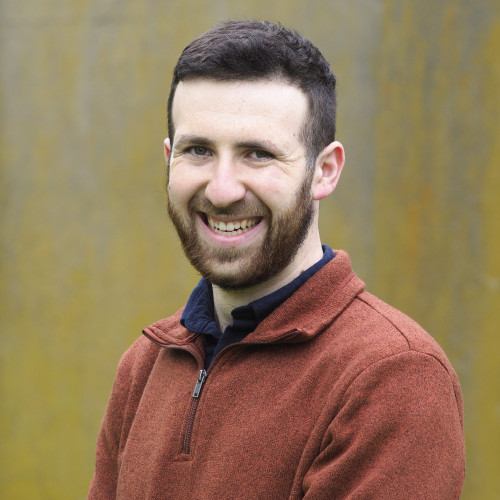A veteran’s top five tips for impactful climate reporting
***Please note: This article is part of a recap of CLEW's 10th anniversary conference ***
Read our other recaps:
Ugochi Anyaka Oluigbo knows a thing or two about climate reporting.
A 15-year veteran of the beat, she created Nigeria’s most popular environmental TV news show, hosted the BBC World Service’s Environmental Radio Programme, and currently co-hosts Djoliba, a weekly African radio program, on RadioX Basel, Switzerland.
She’s also a contributor to Drilled, an award-winning climate accountability reporting project, where she’s produced gripping audio journalism, like this podcast episode on the Ogoni 9 tragedy. It’s a powerful account of the 1995 execution of nine Nigerian activists, including Ken Saro-Wiwa, who led peaceful protests against Shell’s devastating oil operations in Ogoniland.
Anyaka Oluigbo was scheduled to speak at CLEW's 10 year anniversary conference, but unfortunately was unable to attend. So CLEW caught up with her over the phone, where she laid out her key tips for international journalists wanting to follow in her accountability journalism footsteps, all while maintaining the human angle.
1. Start with the people
The heart of a good climate story lies with the people living through it.
“My work focuses more on telling the stories of those who have been subjugated, not listened to, not heard enough,” she said.
Anyaka Oluigbo’s journalism is always concerned with those directly impacted, getting beyond the abstract, and addressing the real human costs of climate change. For example, in her Ogoni 9 audio investigation, she spoke to activists and community members in Ogoniland, where decades of oil spills have devastated the environment and displaced countless families.
2. Follow the money
To uncover the full story, you have to follow the money.
With Drilled, Anyaka Oluigbo investigated how fossil fuel companies and corporate interests have quietly shaped environmental narratives. One investigation focused on Impact(Ed), an educational media company launched by the TV conglomerate Discovery, Inc. in 1997 to provide educational programming to students across Africa and the Global South.
With oil companies listed as sponsors of the programming, Anyaka Oluigbo wondered how fossil fuel influence might have been trickling down into the educational TV shows. She confronted the company with her findings.
“When we spoke to the CEO of the company, he told us that they they do not let corporate sponsors dictate their content and do not accept tobacco funding, and will rethink their relationships with fossil companies like Shell and Chevron,” she said. “But they are still in business with them.”
3. Make crucial connections
Don’t miss the forest for the trees.
In her reporting on the cocoa industry in Côte d’Ivoire for the Peabody-nominated documentary podcast Scene on Radio she linked the root causes of climate change, poverty, and mass migration. The podcast highlighted the struggles of farmers like Dao Salimata, whose cocoa crops have suffered from extreme heat and disease. While Côte d’Ivoire is the world’s largest exporter of cocoa beans, many farmers earn less than $1 a day, driving families to leave their homes in search of better opportunities abroad.
"Lately, there’s this noise about, ‘we don’t want immigrants anymore.’ But are we really asking the question: why are they coming to our countries? How are we connected to the problems that they’re having? How is my good life funded by the lives of people in this country?" she said.
"Whether it’s a colleague or a fact-checking tool, adding a layer of scrutiny is crucial for ensuring accuracy."
4. Dig deeper and fact-check
Tight deadlines can make it tempting to rush, but Anyaka Oluigbo emphasises the importance of being thorough on this beat.
“Sometimes I cannot fact-check myself, so when I write something, I would always have someone else go through it and pick out the things that [one] would question,” she said. Whether it’s a colleague or a fact-checking tool, adding a layer of scrutiny is crucial for ensuring accuracy.
5. Don’t sacrifice safety
Climate reporting comes with risks in many parts of the world. It’s crucial to take safety precautions seriously.
Whether that means finding a trusted fixer, like Anyaka Oluigbo did while reporting in Côte d’Ivoire, or being discerning about when to report on-the-ground versus online, her ultimate advice is, “don’t die for a good story.”


